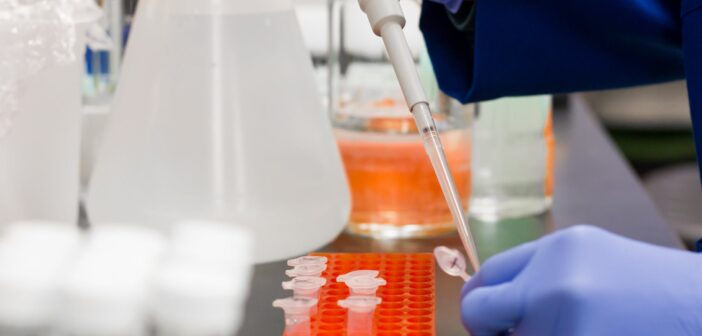Rhode Islanders are missing out on recommended clinical testing.
Few Rhode Islanders diagnosed with autism spectrum disorder receive recommended clinical genetic tests, according to a study in JAMA Psychiatry.
ASD is one of the most strongly genetic neuropsychiatric conditions, and medical professional societies say clinicians should offer screenings, including chromosomal
microarray and Fragile X tests, for patients diagnosed with autism. The tests can identify or rule out genetic abnormalities that could affect a patient’s diagnosis and clinical care.
The study, which analyzed data from the Rhode Island Consortium for Autism Research and Treatment, aimed to determine the current state of clinical genetic testing for autism in that cohort, say authors Daniel Moreno De Luca F’18, MD, MSc, and Eric Morrow, MD, PhD. Of the 1,280 participants, 16.5 percent reported having received some genetic testing; “remarkably,” the authors wrote, only 3 percent said they received both Fragile X and chromosomal microarray testing.
“I had the impression that the frequency of recommended genetic testing was not going to be very high based on the patients I encounter clinically, but 3 percent is actually lower than I thought it would be,” says Moreno De Luca, an assistant professor of psychiatry and human behavior and a psychiatrist at Bradley Hospital. “There is still significant work to be done, especially for adults on the autism spectrum.”
The researchers also uncovered a positive trend: the proportion of people who reported being tested has gone up in recent years. “This paper is really about how you implement clinical genetic tests in the clinical diagnostic setting,” says Morrow, the Mencoff Family Associate Professor of Biology. “There is a more hopeful message that conveys that offering clinical genetic testing is increasing.”




